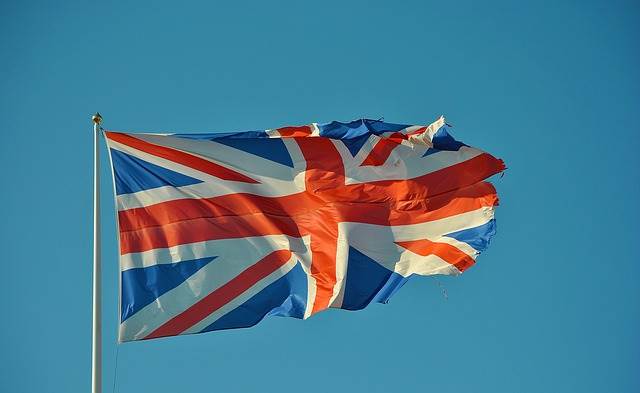 Despite declaring over and over again that he would not call a general election, Boris Johnson has threatened to do just that if “the rebels” take control of the order paper today, when parliament reconvenes after the summer recess. The opposition parties and (probably) enough Conservative backbench MPs are plotting a manoeuvre which would lead to legislation being proposed that would force Johnson to ask the EU for a further extension of the UK’s article 50 notice.
Despite declaring over and over again that he would not call a general election, Boris Johnson has threatened to do just that if “the rebels” take control of the order paper today, when parliament reconvenes after the summer recess. The opposition parties and (probably) enough Conservative backbench MPs are plotting a manoeuvre which would lead to legislation being proposed that would force Johnson to ask the EU for a further extension of the UK’s article 50 notice.
Johnson is threatening members of his own party with removal of the whip (meaning that they would not be considered as Conservative MPs and possible deselection) if they vote against the government in today’s crucial proceedings. However, despite the fact that government sources say they will treat the vote as a “matter of confidence” in the government, Johnson lacks the power to trigger a general election. Since David Cameron brought in the Fixed Terms Parliament Act, the only way that parliament can be dissolved by the PM is if he can get 2/3 of MPs to support his request. Whilst the main opposition Labour Party has made nearly incessant calls for a general election, it is not a forgone conclusion that it will take him up on his offer. Many commentators and MPs suspect that Johnson could use the election to force a “no deal” Brexit through, against the wishes of parliament, perhaps by using the Royal Prerogative to delay the poll until such an outcome was unavoidable. So it is likely that “the rebels” will try to ensure a “no deal” outcome is taken off the table before parliament could be dissolved for a further election (the last one, on the pretext of giving her a big majority to deliver Brexit was in June 2017 and saw the May administration reduced to a minority government that cold only function with DUP support).
There is nothing (other than goodwill) which would require the EU to grant a further extension of A50 – the last extension has resolved nothing, but allowed time for Johnson to be installed as PM. However, it is almost inconceivable that the EU would pull the plug on UK membership via a “no deal” Brexit that its parliament has regularly rejected.
Events are moving swiftly, but Sterling has been trending lower because markets fear that such a move by Johnson would force through a “no deal” Brexit. It currently stands at €1.094 having been as high as €1.1084 a week ago. Any news which makes “no deal” less likely will cause it to rally; the converse is also true. The Swiss Franc is likely to continue to appreciate against both currencies whilst uncertainty remains since it is considered as a “safe haven” currency.
